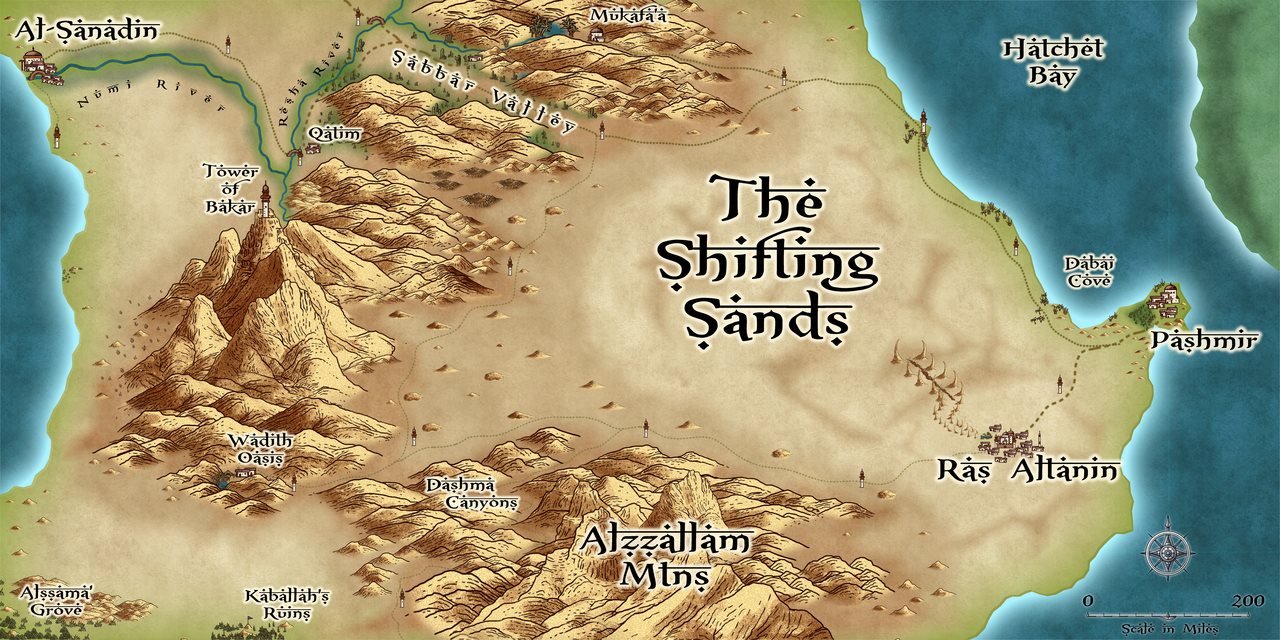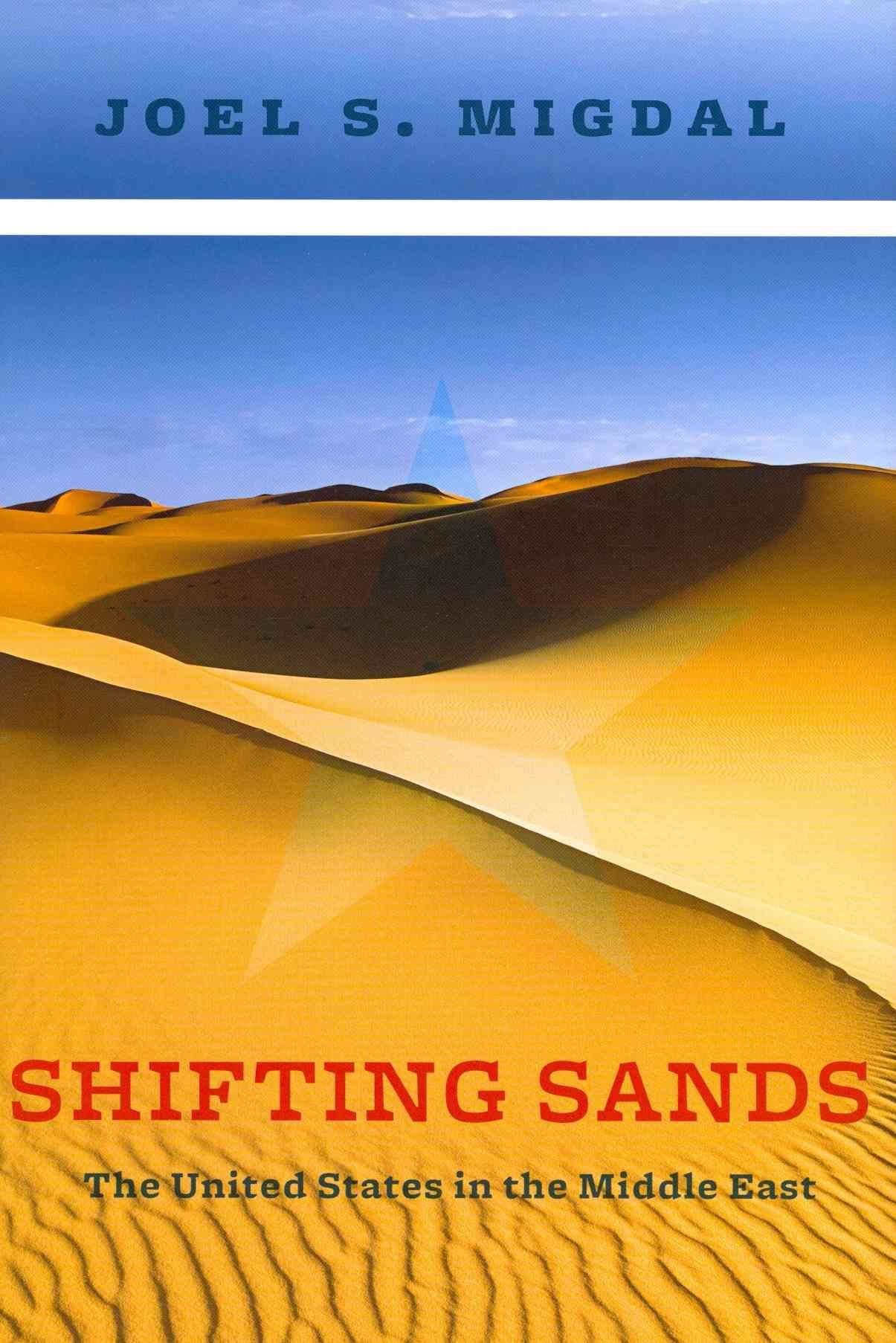You Certain About That?: Navigating The Shifting Sands Of Certainty In The Age Of Data
You Certain About That?: Navigating the Shifting Sands of Certainty within the Age of Data
Associated Articles: You Certain About That?: Navigating the Shifting Sands of Certainty within the Age of Data
Introduction
With enthusiasm, let’s navigate by means of the intriguing matter associated to You Certain About That?: Navigating the Shifting Sands of Certainty within the Age of Data. Let’s weave attention-grabbing data and supply recent views to the readers.
Desk of Content material
You Certain About That?: Navigating the Shifting Sands of Certainty within the Age of Data

The phrase "You certain about that?" has transcended its informal conversational origins to turn out to be a potent image of our trendy data panorama. In a world saturated with knowledge, opinions, and available (however not all the time dependable) data, the assured assertion of truth has turn out to be a surprisingly dangerous proposition. This text explores the advanced causes behind our rising uncertainty, inspecting the psychological, technological, and societal components that contribute to our hesitance to declare something with absolute certainty, and considers the implications for private decision-making, public discourse, and the way forward for information itself.
One of many major culprits behind our collective hesitancy is the sheer quantity of knowledge bombarding us every day. The web, social media, and 24-hour information cycles create an atmosphere of fixed updates, typically conflicting and contradictory. This data overload makes it tough to filter out noise and determine credible sources, leaving us feeling overwhelmed and unsure about even seemingly easy information. The benefit with which misinformation spreads on-line, typically disguised as respectable information or professional opinion, additional exacerbates this downside. Faux information, deepfakes, and complicated propaganda campaigns exploit our cognitive biases and emotional vulnerabilities, blurring the strains between reality and falsehood with alarming effectivity.
Past the technological components, our understanding of certainty itself has advanced. The Enlightenment’s emphasis on motive and goal reality, whereas nonetheless beneficial, has been challenged by postmodern thought, which highlights the subjective nature of data and the affect of energy constructions on the development of actuality. This angle would not essentially deny the existence of goal reality, however it emphasizes the problem, if not impossibility, of achieving full, unbiased entry to it. The complexities of scientific inquiry, with its iterative strategy of speculation testing and refinement, additional illustrate the restrictions of absolute certainty. Scientific "information" are sometimes provisional, topic to revision in mild of latest proof and developments in understanding.
This shift in perspective has profound implications for our private lives. Choices, as soon as made with a way of unwavering confidence based mostly on seemingly strong data, now typically require a extra nuanced method. We grapple with uncertainty not solely in main life decisions, like profession paths or relationships, but in addition in seemingly mundane choices, comparable to selecting a product to purchase or trusting a information supply. This fixed questioning can result in evaluation paralysis, a state of indecision stemming from an amazing sense of uncertainty. Nonetheless, it will probably additionally foster a extra essential and reflective mindset, encouraging us to look at our assumptions and search out numerous views earlier than committing to a plan of action.
The impression on public discourse is equally important. The erosion of belief in conventional establishments, coupled with the proliferation of misinformation, has fueled polarization and mistrust. The power to have interaction in productive dialogue and attain consensus turns into more and more difficult when even fundamental information are contested. Political debates typically devolve into battles over competing narratives, with either side clinging to their very own model of "reality," no matter proof. This makes it tough to deal with urgent societal challenges that require collective motion and settlement on elementary information. The rise of "post-truth" politics, the place feelings and beliefs outweigh information, is a stark illustration of this phenomenon.
The implications for the way forward for information are additionally regarding. The benefit with which misinformation can unfold and the problem in combating it pose a big menace to the integrity of knowledge techniques. The erosion of belief in established establishments and consultants creates a vacuum that may be stuffed by unreliable sources, additional undermining the general public’s means to tell apart between truth and fiction. This necessitates a renewed deal with media literacy training, essential pondering expertise, and the event of sturdy fact-checking mechanisms. Moreover, fostering a tradition of mental humility, the place people acknowledge the restrictions of their very own information and are open to revising their beliefs in mild of latest proof, is essential.
Nonetheless, the pervasive uncertainty of our time would not essentially sign an entire collapse of data or rationality. As a substitute, it presents a possibility to refine our method to data gathering, evaluation, and dissemination. Embracing a extra nuanced understanding of certainty, acknowledging the provisional nature of data, and cultivating essential pondering expertise are important for navigating the complexities of the fashionable data panorama. This requires a dedication to steady studying, a willingness to have interaction with numerous views, and a recognition that uncertainty shouldn’t be essentially a adverse pressure however relatively an inherent a part of the method of understanding the world round us.
The query "You certain about that?" should not be seen as a cynical dismissal of data however as a immediate for essential self-reflection. It encourages us to look at the premise of our beliefs, to query our assumptions, and to hunt out dependable sources of knowledge. In a world the place certainty is more and more elusive, the flexibility to navigate the shifting sands of knowledge with warning, essential pondering, and a wholesome dose of mental humility shall be essential for particular person well-being and the development of data itself. The problem lies not in eliminating uncertainty solely, however in studying to reside with it, to embrace its inherent complexities, and to make use of it as a catalyst for deeper understanding and extra knowledgeable decision-making. The long run depends upon our means to do exactly that.







/bnn/media/media_files/36fc62ed5b8f302de26277c23d00780282a83b7ed27c8c673432541c89c7cba1.jpg)
Closure
Thus, we hope this text has supplied beneficial insights into You Certain About That?: Navigating the Shifting Sands of Certainty within the Age of Data. We hope you discover this text informative and useful. See you in our subsequent article!